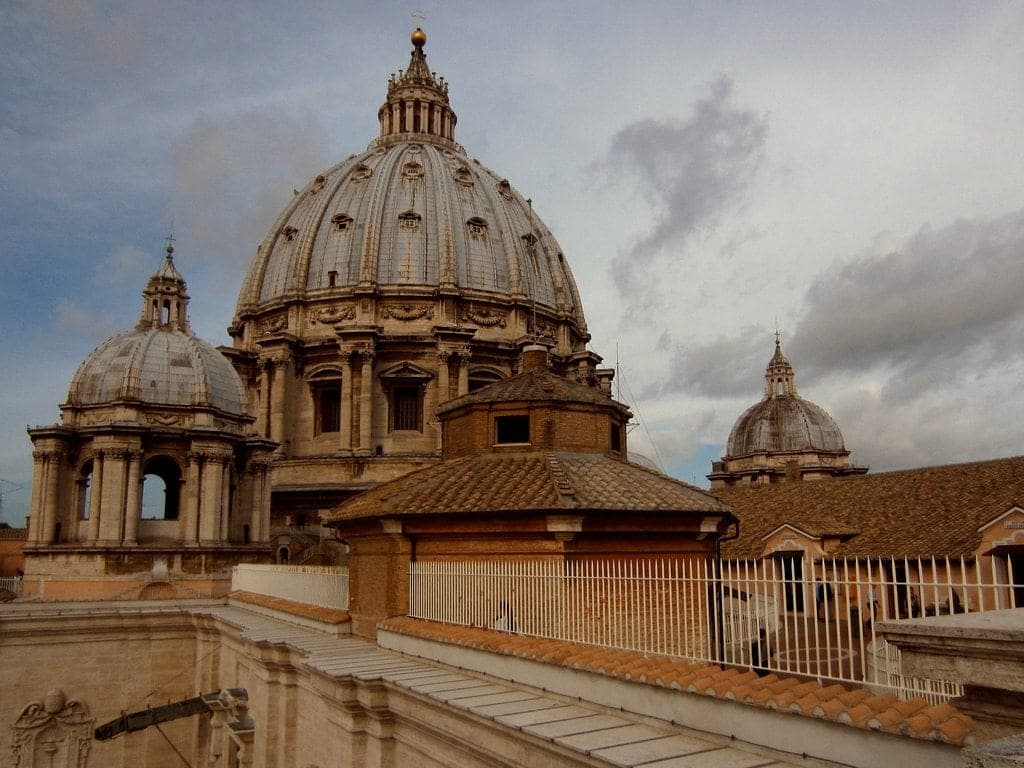For as long as anyone can remember, the Vatican has had a special genius for snatching public relations defeat from the jaws of victory. Even by that standard, the fracas surrounding Pope Francis’ meeting with Kim Davis last week, which broke out immediately after his massively successful US trip, sets a new standard.
Without necessarily blaming the pope’s own media team, which seemingly was caught as off-guard as everyone else, there have been three separate breakdowns in communications strategy:
- Apparently believing (or perhaps just hoping) that the pope’s brief encounter with the Kentucky clerk wouldn’t leak out.
- Not being prepared to respond immediately when the news did break, thereby creating an interpretive vacuum.
- Issuing a belated statement saying the pope did not intend to endorse Davis’ position “in all its particular and complex aspects,” but leaving unresolved precisely what he did mean by it.
One predictable consequence is that just as the past 48 hours were consumed by speculation over who put the pope up to the meeting, the next 48 will probably be marked by conspiracy theories as to who put him up to issuing the statement.
Another is that liberals will take a maximal reading of the statement, suggesting the pope has disavowed Davis, while conservatives will argue it simply means Francis hasn’t written her a blank check. Perhaps intentionally, the brief text could lend itself to either interpretation.
For a pope who by rights should be basking in the after-glow of a bravura outing to Cuba and the United States, it’s a fairly depressing scenario.
Aside from Machiavellian subplots and political spin, there is one serious conclusion to be drawn from the mess: There is now an urgent need for the Catholic Church to elaborate on precisely how it understands the right, and the limits, of conscientious objection.
Francis said on the papal plane returning to Rome that conscientious objection is a “human right,” including for government officials. Taken in tandem with news of the Davis meeting, many observers assumed he was talking about her stance in Kentucky.
In light of Friday’s statement, that conclusion now seems unfounded.
One problem is that Davis’ legal difficulties stem not just from her own refusal to issue marriage licenses to same-sex couples, but from allegedly interfering with her deputies doing so. Arguably that’s tantamount to using a public position to enforce her own religious beliefs on others, something official Catholic teaching rejects.
More basically, the situation creates a conflict between a right — freedom of conscience — and a duty, in this case the responsibility of public officials to carry out the law.
One could argue that people in Davis’ position should be entitled to an exemption from personal involvement in implementing a law they regard as immoral, since otherwise large numbers of people of faith might effectively be disqualified from public service. Obviously Francis’ strong rhetoric on religious freedom generally while he was in the country cuts in this direction.
That’s different, however, from saying that public officials on their own ought to be able to deny people services, such as the issuance of marriage licenses, to which they’re entitled.
The Vatican has now put itself in a position where it will face enormous pressure to speak clearly on what constitutes a legitimate claim of conscientious objection, and what the limits of those claims are.
Doubtless its take will be slightly different than the claims being floated by Davis and her supporters, as well as the position of secularists who don’t see any reason to accommodate religious sensitivities at all.
Whether that conversation unfolds in the upcoming Synod of Bishops on the family, which is set to open on Sunday, or in some other venue, remains to be seen, but it will have to take place.
The bottom line is that the Vatican has thrust itself squarely into the middle of a debate that’s destined to become steadily more intense. The only way out is a thoughtful and clear statement on what exactly the Church understands by “conscientious objection,” and the sooner the better.
If Rome wants to get past Kim Davis and back onto higher ground, that’s the way forward.











